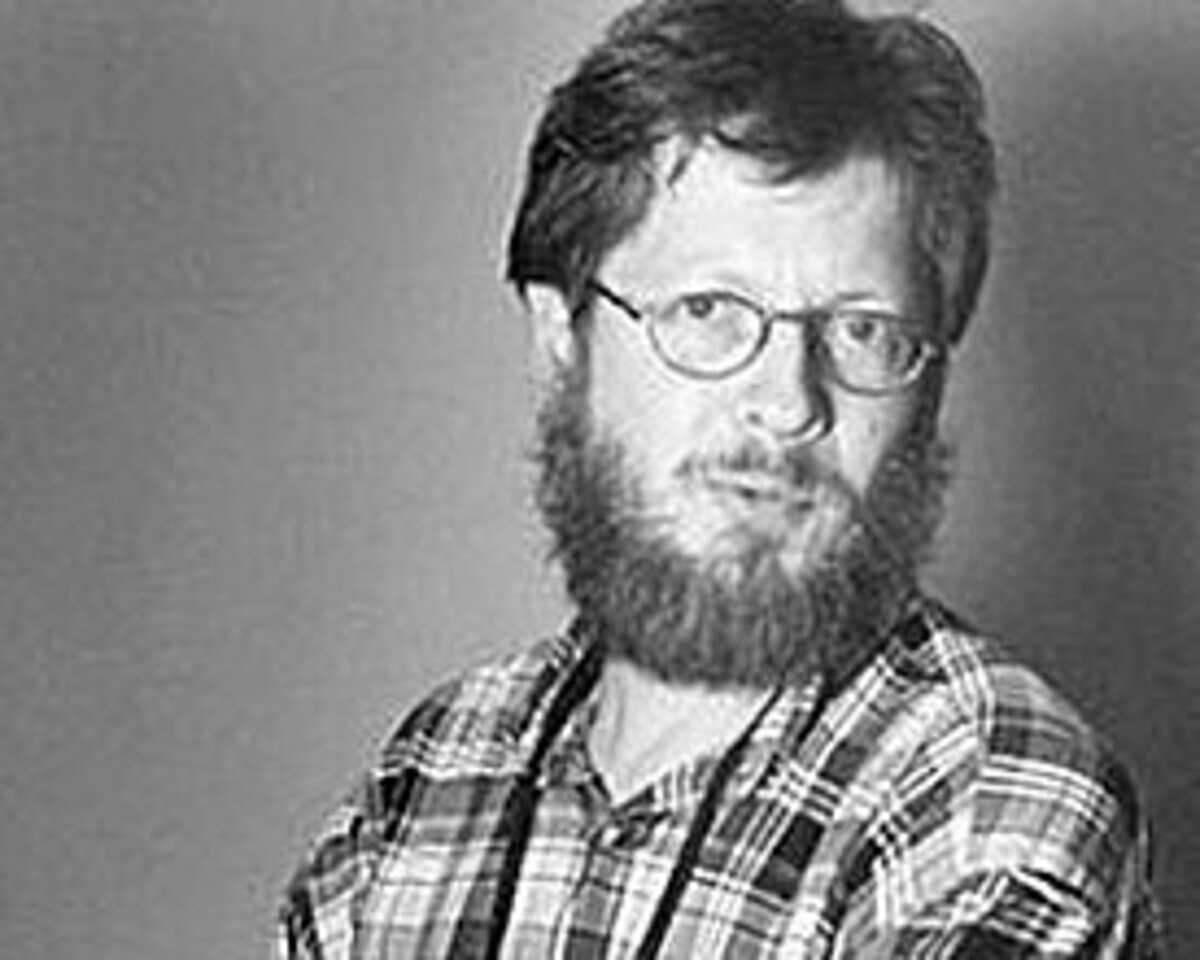
"Not Exactly: Vagueness as Original Sin?"
Kim?, Maskavas street 12/1, 28.01.2010, 19.00
Further information
"Vagueness Facilitates Search"
Stockholm School of Economics in Riga, 29.01.2010, 13.00
Application
Invitation
Abstracts of the lectures: 1. Not Exactly: Vagueness as Original Sin? Abstract. This talk, which is intended for non-specialist and speciālists alike, will start demonstrating the generality of the phenomenon of vagueness, in science as well as in daily life. I will show that vagueness cannot be "reasoned away" (as has recently been attempted) and conclude that vagueness is, in some ways, like Original Sin: a stain that can be diminished but never removed. I will then argue that probabilistic approaches to vagueness have the future, but that this paradigm shift will come at a price. For if vagueness is taken seriously in this way then life gets complicated, because we will be expelled from Boole's Paradise, where every statement was either true or false. 2. "Vagueness Facilitates Search" Abstract. This talk, which is primarily intended for cognitive scientists (broadly conceived) interested in vagueness, addresses a question that has started to be debated by game theorists and others, namely *Why language is vague*. After a general introduction, in which some recently proposed answers to this question are discussed, I will propose a novel answer to this question, which complements other answers suggested in the literature. The new answer claims that vagueness can facilitate search, particularly in quasi-continuous domains (such as physical size, colour, or temperature), given that different speakers are likely to attach subtly different meanings to words (such as "tall", "blue", or "hot") defined over such domains.
Kim?, Maskavas street 12/1, 28.01.2010, 19.00
Further information
"Vagueness Facilitates Search"
Stockholm School of Economics in Riga, 29.01.2010, 13.00
Application
Invitation
Abstracts of the lectures: 1. Not Exactly: Vagueness as Original Sin? Abstract. This talk, which is intended for non-specialist and speciālists alike, will start demonstrating the generality of the phenomenon of vagueness, in science as well as in daily life. I will show that vagueness cannot be "reasoned away" (as has recently been attempted) and conclude that vagueness is, in some ways, like Original Sin: a stain that can be diminished but never removed. I will then argue that probabilistic approaches to vagueness have the future, but that this paradigm shift will come at a price. For if vagueness is taken seriously in this way then life gets complicated, because we will be expelled from Boole's Paradise, where every statement was either true or false. 2. "Vagueness Facilitates Search" Abstract. This talk, which is primarily intended for cognitive scientists (broadly conceived) interested in vagueness, addresses a question that has started to be debated by game theorists and others, namely *Why language is vague*. After a general introduction, in which some recently proposed answers to this question are discussed, I will propose a novel answer to this question, which complements other answers suggested in the literature. The new answer claims that vagueness can facilitate search, particularly in quasi-continuous domains (such as physical size, colour, or temperature), given that different speakers are likely to attach subtly different meanings to words (such as "tall", "blue", or "hot") defined over such domains.

 LU konference
LU konference